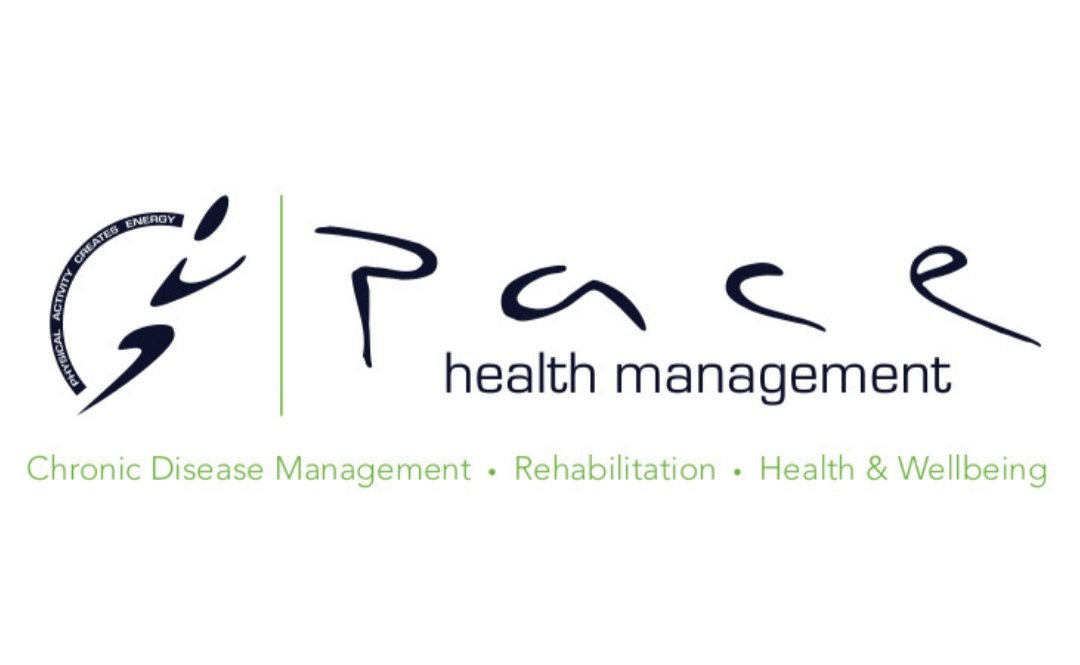5 Do’s for a Healthy Gut!
Our gut is a hub of trillions of good and bad bacteria, known as our gut microbiota. Each person has their own unique microbiota which is influenced right from birth by our environment, diet and lifestyle. Scientists have discovered a strong link between gut function and overall full body health. This phenomenon is called the ‘brain-gut axis.’ A healthy functioning gut is important for digestion and absorption of nutrients from food, immune function, regulating cardiovascular health, as well as influencing our emotional and mental health. This is why it is so important to maintain a healthy gut microbiome.
To get the most out of our gut, here are 5 dos to help your gut microbiota thrive!
Do eat a diet rich in fibre!
Fibre plays a VERY important role in maintaining healthy digestion. Particularly in providing bulk to our stools and helping them to pass easily through our intestinal tract preventing constipation, as well as maintaining overall bowel health.
It is recommended adults consume 30 grams of dietary fibre daily. Fibre is found richly in all plant foods including fruit and vegetables, wholegrains, beans, legumes, nuts and seeds. However, there are several types of fibre so it’s important to consume a variety of different plant foods daily. Below outlines the role of different types of fibre and their food sources to help ensure you are meeting your daily fibre needs.
Soluble fibre dissolves in water forming a gel-like substance which slows down digestion and assists in managing irregular or loose bowels. Soluble fibre also has the benefit of reducing cholesterol, encouraging satiety and regulating blood glucose levels. Soluble fibre is found in foods such as oats, barley, apples, berries, psyllium husk, nuts, seeds, lentils and many vegetables.
Insoluble fibre is beneficial to digestion as it adds bulk or ‘roughage’ to our stools helping to alleviate symptoms of constipation and encourage regular bowel movements. Insoluble fibre is rich in wholegrains such as brown rice, rye and spelt, as well as fruits and vegetables such as pears, kiwi and corn.
Do increase your intake of probiotic and prebiotic foods!
Probiotic foods and supplements help to introduce new good bacteria to increase the population and diversity of existing bacteria in our intestinal tract. They are found in fermented foods such as sauerkraut, kimchi, kombucha and some pickled vegetables and foods containing live bacteria such as yoghurt and kefir.
Alternatively, Prebiotic foods act like a fertiliser for our existing gut bacteria, providing the ‘friendly’ bacteria a source of food to induce growth and activity. Prebiotic foods include bananas, berries, wholegrains, green vegetables, onion, garlic and legumes. These foods are rich in fermentable carbohydrates that essentially ‘rot’ in our gut to feed the bacteria.
By consuming a balance of probiotic and prebiotic foods every day we can cultivate and maintain a healthy gut environment.
Do drink adequate amounts of water daily!
Getting enough fluid daily is important in encouraging regular and healthy bowel movements. Dehydration is the number one cause for constipation as when we become dehydrated, our body draws water away from our intestinal tract, resulting in our stools becoming hard and difficult to pass. It is recommended adults consume 8-10 cups of water daily to avoid dehydration. Try keeping a reusable drink bottle handy when you leave the house or have a glass of water with meals as a simple way to keep up your water intake. Also remember if you are an active person it is important to drink extra water to replace fluid lost through sweat.
Do eat a variety of different foods!
Our gut bacteria loves diversity and consuming a variety of different foods daily means we are more likely to develop a more diverse population of healthy gut bacteria. This increased diversity in gut bacteria helps to develop a more resilient gut. But why is this so? When we expose our gut to the same types of food every day, our gut bacteria become used to the same food proteins. This means our existing gut bacteria population shrinks and our gut becomes weak increasing the risk of food sensitivity, constipation, bloating and irregular bowels.
Some ways we can increase food diversity includes:
Eating seasonally. By buying fruit and vegetables that are in season we are guaranteeing we are exposing our body to different types of fibrous foods. A good challenge is to try consuming 30 different fruits and vegetables each week.
Swap the type of bread you eat. Try a wholewheat, wholemeal, multigrain, spelt, sourdough, rye or pumpernickel bread.
Try a different recipe for dinner each week that challenges you to introduce a new ingredient into your diet.
Do limit consumption of processed foods!
Processed foods don’t really offer us much nutritionally. They are often high in saturated fat, sugar, sodium and many chemical additives and lack fibre. As a consequence, the contents of processed foods cause us to feel full and thus replace nutritious meals, compromising our gut health. Scientists have also established high sugar and high fat foods negatively affect gut bacteria and contribute to inflammation in the body.
Processed foods should be consumed in moderate amounts, as part of a well-balanced diet. To get the most out of your gut health try to limit foods such as sweet and savory packaged snacks, highly processed ready-made meals, soft drinks and dessert, to small amounts on occasion only.
The bottom line. Our gut is responsible for so much more than just digestion, that is why we need to choose foods that will support and maintain healthy gut function and optimise our full-body health!
